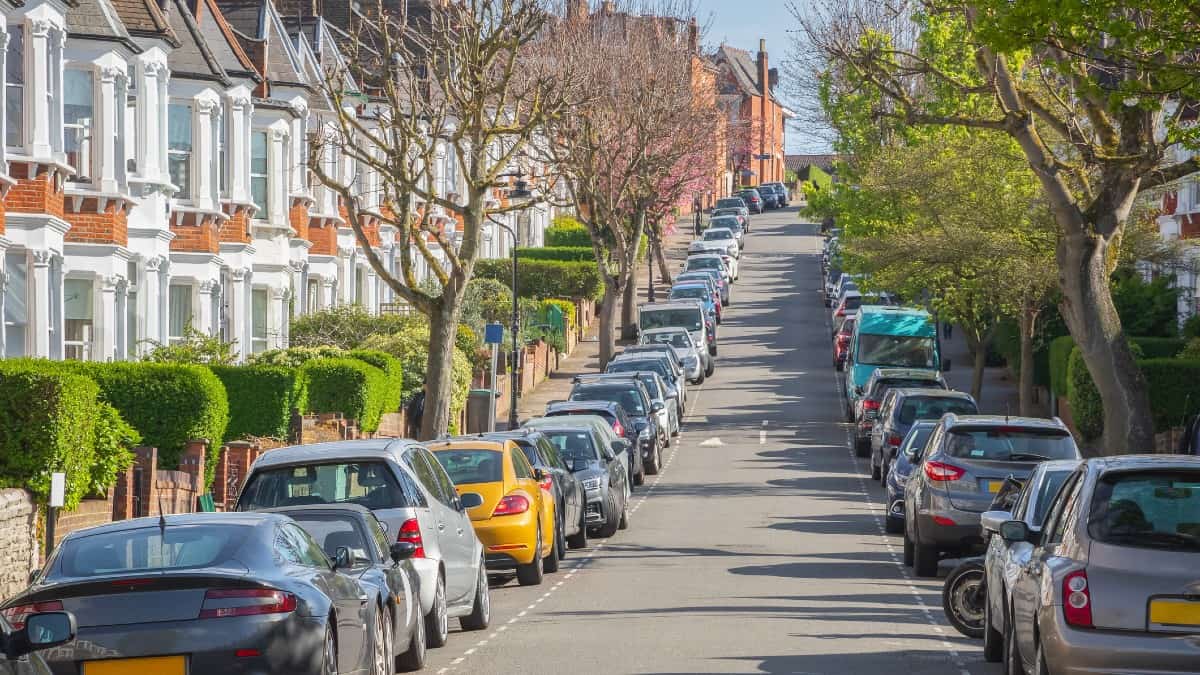Buying a brand new car, fresh from the factory, has several advantages. For example, a new car has the most advanced technologies, a longer warranty and you can often choose your own specifications. However, over the last few years, the cost of a new car has skyrocketed and become unaffordable for many people.
Indeed, new research from finance group Moneybarn shows that the cost of a new car has risen up to five times faster than wages over the last decade. Here’s the lowdown.
[top_pitch]
Passive income stocks: our picks
Do you like the idea of dividend income?
The prospect of investing in a company just once, then sitting back and watching as it potentially pays a dividend out over and over?
If you’re excited by the thought of regular passive income payments, as well as the potential for significant growth on your initial investment…
Then we think you’ll want to see this report inside Motley Fool Share Advisor — ‘5 Essential Stocks For Passive Income Seekers’.
What’s more, today we’re giving away one of these stock picks, absolutely free!
What’s up with new car prices?
Between 2011 and 2021, average earnings in the UK increased by 22%, from £21,100 to £25,780. Meanwhile, the average cost of a new car during the same period increased by 39%, from £27,675 to £38,585.
In 2011, a new car cost 131% of the UK’s average annual salary. Today, this has increased to 150%.
Some cars have risen in price faster than others, with the price of some having more than doubled since 2011.
The price of a Jeep Wrangler, for example, has risen from £22,515 in 2011 to £48,920 in 2021, an increase of 117.3%. A new Jeep Wrangler now costs 189.8% of the UK’s current average salary, up from 106.7% in 2011. Basically, the car’s price is almost twice as much as the average person currently earns.
Here’s a list of the five cars that have seen the highest price increases over the last decade.
|
Car |
2011 price |
2021 price |
Price increase |
|
Jeep Wrangler |
£22,515 |
£48,920 |
117.3% |
|
Peugeot 3008 |
£17,195 |
£37,310 |
117.0% |
|
Peugeot 508 |
£18,450 |
£36,010 |
95.2% |
|
Mercedes-Benz V-Class |
£28,307 |
£54,660 |
93.1% |
|
Hyundai i20 |
£9,745 |
£18,800 |
92.9% |
The rapid increase in car prices in comparison to earnings means that more people purchasing these vehicles are likely to need car financing to afford them.
Not all cars have seen rapid price increases, however. Here’s a list of cars that have seen the lowest price increases in the last ten years.
|
Car |
2011 price |
2021 price |
Price increase |
|
Vauxhall Astra Sports Tourer |
£17,270 |
£20,635 |
19.5% |
|
Volkswagen Tiguan |
£21,225 |
£25,305 |
19.2% |
|
Porsche Cayman |
£39,162 |
£45,230 |
15.5% |
|
Porsche Panamera |
£62,783 |
£69,860 |
11.3% |
|
Nissan Navara |
£21,033 |
£22,975 |
9.2% |
|
Nissan Leaf |
£25,990 |
£25,995 |
0% |
You can view the full research for 80+ popular car models on the Moneybarn website.
[middle_pitch]
Why is the cost of a new car rising so steeply?
The rise in the cost of a new car over the last decade is thought to have been fuelled in part by an increase in the use of technology and safety features.
The transition to electric and hybrid vehicles is also thought to have increased production costs, leading to manufacturers charging higher prices for their cars.
Will the cost of a new car keep rising?
At the moment, the car manufacturing industry is reeling from a global microchip shortage that has forced some auto plants around the globe to close or run at reduced production capacity. The result is a lower number of new cars available for purchase.
At the same time, office workers who have been working from home are beginning to resume their commutes. This has increased the demand for cars. Those who previously put off buying a new car due to coronavirus-related factors are now looking to do so.
What’s more, those who were able to keep their jobs during the pandemic and lockdown have more available cash than normal. Some are planning to spend some of it to upgrade their cars. There are also those who are looking to buy cars to avoid public transport and limit their exposure to Covid-19.
All of these factors are driving up car prices. So how long will the problem persist? No one knows, but surely not forever.
The pent-up demand that is being unleashed into the market is expected to dissipate over time. The shortage of microchips is also likely to be resolved sometime in the next year and a half.
Once this occurs, supply and demand could start to balance out, and the new car market could regain a semblance of normality.







